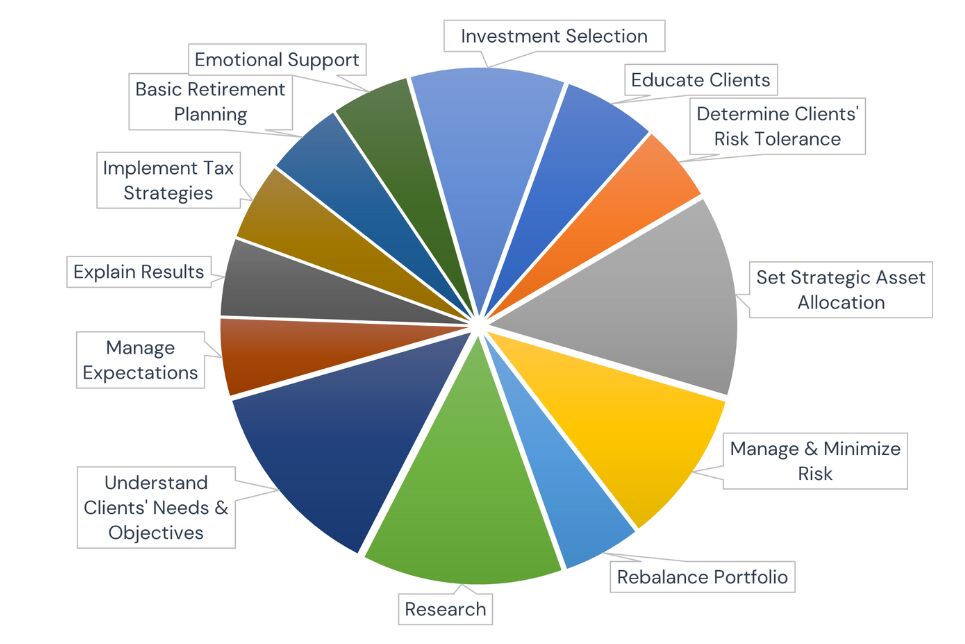What is a Portfolio Manager?
Picture this: you’ve got a wad of cash burning a hole in your pocket, but the thought of navigating the treacherous waters of the stock market leaves you with a case of the jitters. Enter the portfolio manager, your trusty financial navigator who’ll steer your investments towards a profitable shore. They’re the masterminds behind the scenes, analyzing markets, making savvy decisions, and keeping an eagle eye on risk to ensure your hard-earned dough grows like a beanstalk.
Role of a Portfolio Manager
The portfolio manager’s job is like a symphony conductor’s: they orchestrate the harmonious blending of different investments to create a portfolio that’s a perfect symphony for your financial goals. They navigate the ever-changing landscape of stocks, bonds, and other financial instruments, making calculated decisions based on extensive research and a deep understanding of market dynamics. Every move they make is meticulously designed to maximize returns while minimizing risk, ensuring that your nest egg hatches into a golden goose.
But wait, there’s more! Portfolio managers don’t just park your money and hope for the best. They’re constantly monitoring performance, adjusting strategies as needed, and keeping you in the loop with regular updates. They’re your financial confidant, always ready to listen to your concerns and tailor their approach to your unique circumstances. Think of them as the Yoda of the investment world, guiding you with wisdom and foresight towards a prosperous future.
Now, let’s get down to the nitty-gritty. Portfolio managers don’t just sit at their desks and throw darts at stock charts. They use sophisticated tools and cutting-edge technology to analyze vast amounts of data, identify investment opportunities, and make informed decisions. They’re like detectives on the hunt for hidden gems that can boost your portfolio’s bottom line.
And here’s the cherry on top: portfolio managers aren’t just numbers whizzes. They’re skilled communicators who can explain complex financial concepts in a way that makes sense to you. They’re your financial translators, helping you understand the ins and outs of your investments so you can make informed decisions about your financial future.
What Is a Portfolio Manager?
If you’re looking to grow your wealth, you might consider hiring a portfolio manager. But what exactly is a portfolio manager, and what can they do for you? In this article, we’ll explore the world of portfolio management, including the education, experience, and skills that these professionals need to succeed.
Education and Experience
Portfolio managers typically have a bachelor’s or master’s degree in finance or a related field. They also typically have several years of experience in the financial industry, working with investments, portfolio, and/or financial planning. This experience allows them to develop the knowledge and skills necessary to manage portfolios effectively.
Skills and Responsibilities
In addition to their education and experience, portfolio managers also need to have a strong understanding of the financial markets, a sound investment philosophy, and excellent communication skills. They are responsible for developing and implementing investment strategies, monitoring portfolios, and communicating with clients about their investments.
Types of Portfolio Managers
There are two main types of portfolio managers: discretionary and non-discretionary. Discretionary portfolio managers have the authority to make investment decisions on behalf of their clients. Non-discretionary portfolio managers, on the other hand, only make investment recommendations to their clients. The type of portfolio manager you choose will depend on your individual needs and investment goals.
How to Choose a Portfolio Manager
If you’re considering hiring a portfolio manager, it’s important to do your research and find a qualified professional. You should interview several candidates and ask them about their experience, investment philosophy, and fees. You should also make sure that they are registered with the Financial Industry Regulatory Authority (FINRA).

No responses yet